Pancreatitis in Cats: A Silent but Serious Threat
Most cat owners know the drill: one day your cat skips a meal, vomits on the rug, or curls up in a quiet corner, and you wonder whether to worry or wait it out. Because cats are so skilled at masking discomfort, these small changes often get brushed off as minor. But sometimes, they signal something far more serious. One of the most concerning conditions behind these vague signs is pancreatitis, a painful inflammation of the pancreas that can escalate quickly into a medical emergency.
At WesVet in Nashville, Tennessee, we frequently treat cats with pancreatitis. Some patients recover with fluids, medications, and supportive care, while others require hospitalization and advanced monitoring. The key to protecting your cat is knowing the signs, seeking veterinary attention early, and committing to the long-term management that may follow.
The Pancreas: Small Organ, Big Impact
The pancreas is often overlooked, but it has two critical jobs: producing enzymes to break down food and creating insulin to regulate blood sugar. When the pancreas becomes inflamed, digestive enzymes leak into surrounding tissues, damaging them and causing severe pain. Because the pancreas is connected to multiple systems, its inflammation affects not only digestion but also the liver, intestines, and blood sugar regulation.
Feline pancreatitis is particularly dangerous because it is difficult to detect. The signs are often subtle, leaving owners unaware until their cat is already very sick.
Common Triggers of Pancreatitis
Pinpointing the exact cause is not always possible, but several risk factors are well documented:
- Cats with inflammatory bowel disease (IBD) often experience pancreatic inflammation at the same time.
- Diabetes and chronic liver disease increase vulnerability.
- Trauma, metabolic imbalances, or certain infections can trigger an episode.
- Nutrition plays a role. High-fat foods, sudden diet changes, or table scraps can stress the pancreas.
- Some cats develop triaditis, where the pancreas, intestines, and liver are all inflamed simultaneously.
In many cases, it’s a combination of factors, which makes diagnosis and prevention complex.
The Warning Signs Owners Should Watch For
Because cats rarely show obvious pain, symptoms can be subtle. Owners should look out for:
- Energy changes. Cats may appear lethargic, hiding more than usual or moving stiffly.
- Appetite loss. Skipping even one day of meals is never normal in cats. Going without food can quickly lead to secondary liver disease.
- Digestive upset. Vomiting or diarrhea often accompany pancreatitis.
- Abdominal pain. Cats may crouch low, resist being picked up, or curl tightly into a ball.
- Dehydration. Loss of fluids from vomiting or refusal to drink water makes the condition worse.
Even if your cat only shows one of these signs, it warrants urgent veterinary attention.
Why Pancreatitis Demands Immediate Care
Pancreatitis is not a condition to “wait and see.” Left untreated, inflammation can rapidly escalate and cause:
- Severe dehydration, which requires IV fluid therapy
- Hepatic lipidosis, also called fatty liver disease, if the cat stops eating
- Secondary diabetes, due to pancreatic damage
- Sepsis, a body-wide infection that can be fatal
Some cats respond well to outpatient treatment, but others may require hospitalization, feeding support, and round-the-clock monitoring. Acting quickly is the difference between recovery and a critical emergency.
How Veterinarians Diagnose Pancreatitis
Since symptoms mimic many other illnesses, veterinarians rely on a combination of history, physical exam, and diagnostics. At WesVet, evaluation often includes:
- Bloodwork to measure pancreatic enzymes, hydration levels, and organ function
- Ultrasound or X-rays to visualize inflammation or rule out other issues
- Specialized tests to confirm pancreatic involvement
Because no single test is 100 percent reliable, diagnosis usually involves piecing together clinical signs with test results. Our advanced veterinary services and in-house diagnostics allow us to provide same-day answers in many cases, which means treatment can begin immediately.
Treatment Options for Cats with Pancreatitis
In-clinic care
Most cats require supportive therapy to stabilize their condition:
- IV or subcutaneous fluids restore hydration and balance electrolytes.
- Pain management is critical, since untreated pain often prevents cats from eating or drinking.
- Anti-nausea medications reduce vomiting and help cats feel well enough to eat.
- Appetite stimulants may encourage cats to begin eating again.
- Nutritional support is essential. Cats who stop eating are at high risk for liver disease, so syringe feeding or temporary feeding tubes may be recommended.
Ongoing care
Cats with underlying conditions like IBD, diabetes, or liver disease will need long-term management. Recovery may take a few days in mild cases, but severe pancreatitis can require weeks of support. After stabilization, we provide owners with clear home care instructions and work with family veterinarians to ensure continuity of care.
Reducing the Risk: What Owners Can Do
Not all cases of pancreatitis can be prevented, but owners can reduce the risk through:
- Feeding a balanced diet formulated for cats rather than relying on table food.
- Offering only pet-safe treats instead of scraps.
- Maintaining a healthy weight, since overweight cats are more prone to inflammation.
- Scheduling regular wellness care so your veterinarian can spot subtle changes early.
Even small steps, like keeping feeding routines consistent and limiting fatty snacks, can go a long way in protecting your cat’s pancreas.
Frequently Asked Questions
Can my cat get pancreatitis again? Yes. Many cats experience flare-ups, especially if underlying conditions are not controlled.
Is pancreatitis contagious? No. It cannot be spread to other cats or people.
How long is recovery? Mild cases may improve within days. Severe cases may take weeks and require hospitalization.
What should my cat eat during recovery? Your veterinarian will recommend a bland, highly digestible diet. Sudden changes in food should always be avoided.
Feline Health Care You Can Trust
Pancreatitis is a painful, potentially life-threatening condition that should never be ignored. At WesVet, we provide same-day appointments, advanced diagnostics, and individualized care to help stabilize your cat quickly and safely.
If your cat is showing signs such as vomiting, appetite loss, or unusual lethargy, contact us today or request an appointment. With timely treatment, many cats go on to recover fully and return to their normal, happy lives.

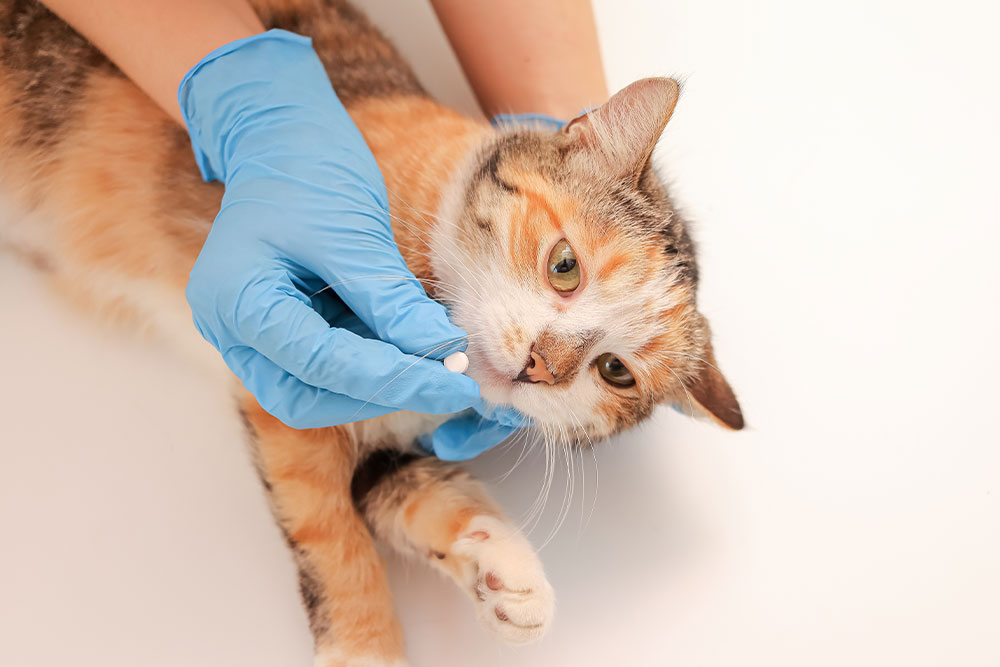
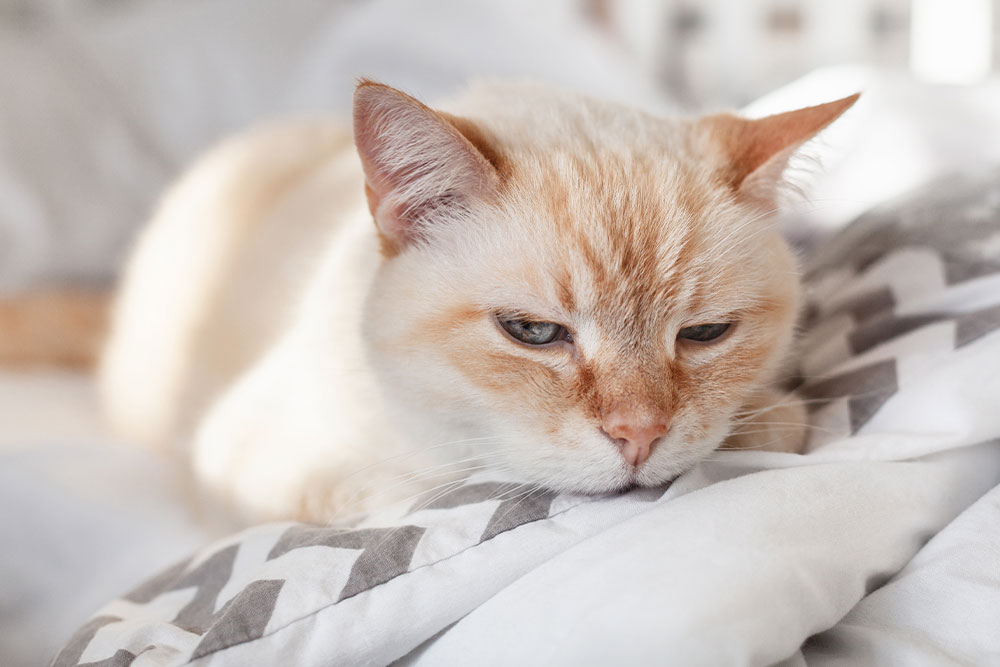
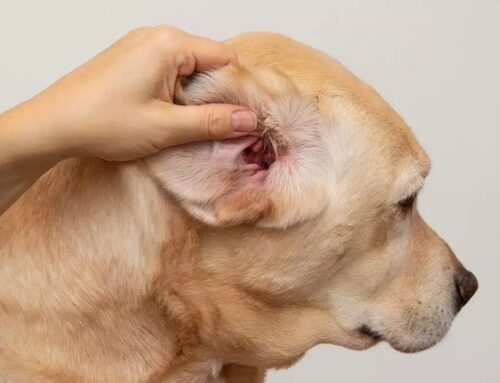
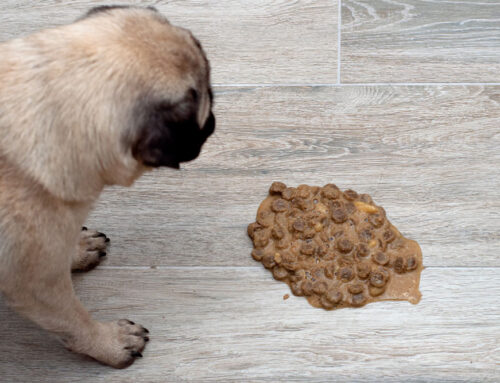
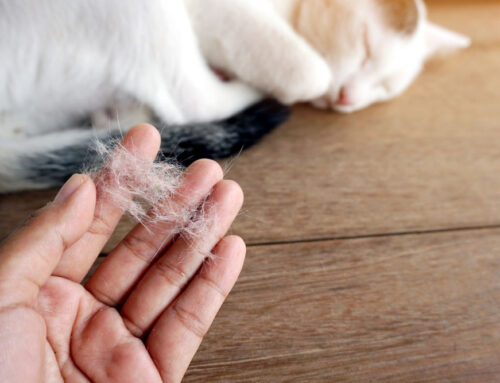


Leave A Comment